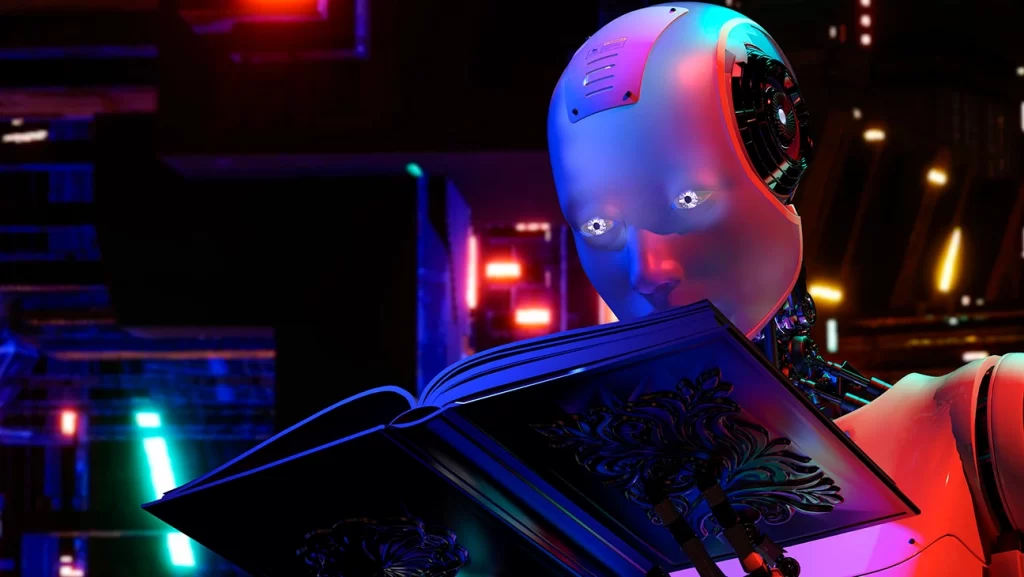Two award-winning authors, Mona Awad and Paul Tremblay, have recently filed a lawsuit against OpenAI, accusing the prominent generative AI company of copyright infringement. The authors claim that OpenAI utilized their published books to train ChatGPT, OpenAI’s language model, without obtaining their consent.
The lawsuit, filed in late June, asserts that ChatGPT’s ability to generate detailed summaries of their works suggests that their books were included in the datasets used for training the AI technology. This case highlights the growing tension between creative professionals and generative AI tools that can produce text and images rapidly, raising concerns about the potential impact on careers and livelihoods.
Daniel Gervais, a law professor at Vanderbilt University, believes that this lawsuit is just one of several copyright cases that will emerge in response to generative AI tools. He anticipates a flood of legal challenges as these programs continue to advance and better replicate the style of writers and artists.
Proving monetary damages resulting from OpenAI’s data-collection practices may be challenging for the authors. It is possible that ChatGPT obtained the authors’ works from sources other than their original material, as suggested by Gervais. Furthermore, the vast amount of data scraped by ChatGPT from the web makes it difficult to demonstrate that its behavior would have been significantly different without ingesting the authors’ works.
The Authors Guild, an advocacy group supporting writers’ working rights, recently published an open letter demanding that Big Tech and AI companies acquire permission from authors and fairly compensate them for using their copyrighted work in training generative AI programs. The letter has received over 2,000 signatures to date.
Awad and Tremblay’s lawsuit coincided with another legal complaint against OpenAI, accusing the company of harvesting “massive amounts of personal data” that were subsequently fed into ChatGPT. The complaint, filed by 16 plaintiffs whose full names were excluded, criticized OpenAI for collecting nearly all available internet data.
In their lawsuit, Awad and Tremblay seek damages and the recovery of lost profits. The filing includes ChatGPT-generated summaries of Awad’s novels “13 Ways of Looking at a Fat Girl” and “Bunny,” as well as Tremblay’s “The Cabin at the End of the World,” which was adapted into the film “Knock at the Cabin” by M. Night Shyamalan.
OpenAI, Awad, and Tremblay have not responded to requests for comment, while a representative for Tremblay declined to provide a statement. These lawsuits could potentially have significant implications for the future use of copyrighted material in training generative AI models.

